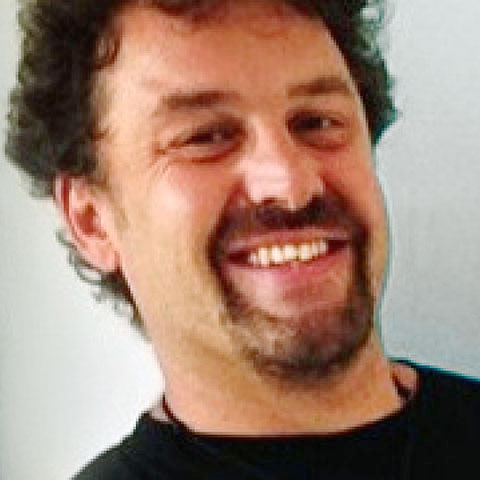KLI Colloquia are invited research talks of about an hour followed by 30 min discussion. The talks are held in English, open to the public, and offered in hybrid format.
Fall-Winter 2025-2026 KLI Colloquium Series
Join Zoom Meeting
https://us02web.zoom.us/j/5881861923?omn=85945744831
Meeting ID: 588 186 1923
25 Sept 2025 (Thurs) 3-4:30 PM CET
A Dynamic Canvas Model of Butterfly and Moth Color Patterns
Richard Gawne (Nevada State Museum)
14 Oct 2025 (Tues) 3-4:30 PM CET
Vienna, the Laboratory of Modernity
Richard Cockett (The Economist)
23 Oct 2025 (Thurs) 3-4:30 PM CET
How Darwinian is Darwinian Enough? The Case of Evolution and the Origins of Life
Ludo Schoenmakers (KLI)
6 Nov (Thurs) 3-4:30 PM CET
Common Knowledge Considered as Cause and Effect of Behavioral Modernity
Ronald Planer (University of Wollongong)
20 Nov (Thurs) 3-4:30 PM CET
Rates of Evolution, Time Scaling, and the Decoupling of Micro- and Macroevolution
Thomas Hansen (University of Oslo)
RESCHEDULED: 18 Dec (Thurs) 3-4:30 PM CET
Chance, Necessity, and the Evolution of Evolvability
Cristina Villegas (KLI)
8 Jan 2026 (Thurs) 3-4:30 PM CET
Embodied Rationality: Normative and Evolutionary Foundations
Enrico Petracca (KLI)
15 Jan 2026 (Thurs) 3-4:30 PM CET
On Experimental Models of Developmental Plasticity and Evolutionary Novelty
Patricia Beldade (Lisbon University)
29 Jan 2026 (Thurs) 3-4:30 PM CET
Jan Baedke (Ruhr University Bochum)
Event Details

Topic description:
Marine fishes live in complex environments and show complex behaviors. I study their mating systems, and symbiotic behavior:
- I will give a guided tour through fish reproductive behavior, which includes nest building, monogamy, life birth, mouth brooding and male pseudo-parasitism. One strategy which is curiously missing is eusociality, and I will argue that this is due to the physical and biological boundary conditions found in the ocean. Specifically, long-range dispersal of larvae, sparsity of resource bursts, and the temporal frequency of physical disturbances in the oceans make the evolution of eusociality unlikely.
- A highly interesting symbiosis is the cooperation between gobies (small perciform fishes) and alpheid shrimp, where the shrimp constructs a burrow and the goby acts as a watchman. Using a database of fish anatomy, we show that the fish does NOT invest extra energy into its visual system as a consequence of the symbiosis. Lastly, I will present preliminary work on the possible neurobiological basis of the fish-shrimp communication system.
Biographical note:
Klaus M. Stiefel did his undergraduate work at the University of Vienna (microbiology) and his doctoral work at the University of Vienna and the Max Planck Institute for Brain Research (zoology/neuroscience). Research stints at the Salk Institute (La Jolla, USA), OIST (Japan) and the University of Western Sydney (Australia) followed. Currently Klaus is affiliated with the Neurolinx Research Institute (La Jolla, USA) and is based as an independent scientist in the Philippines, the epicenter of marine biodiversity. Klaus' research interest include fish biodiversity, reproduction & symbiosis (in marine biology) and neural oscillators (in neurobiology).


